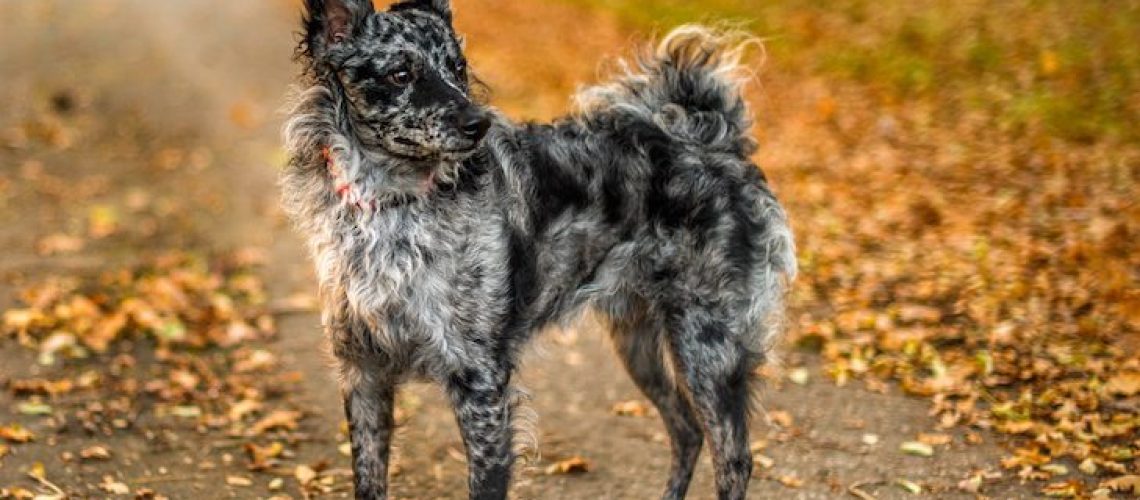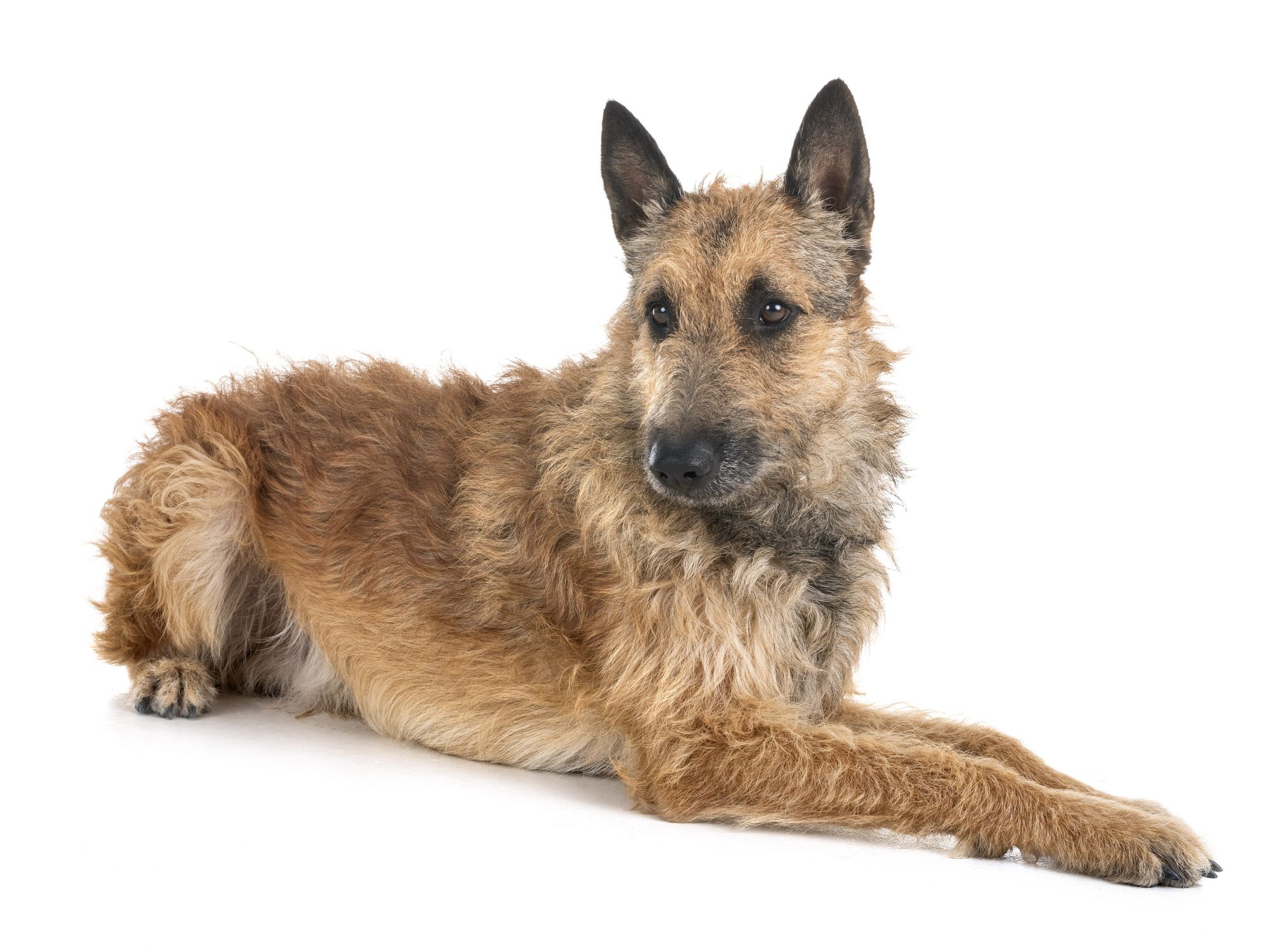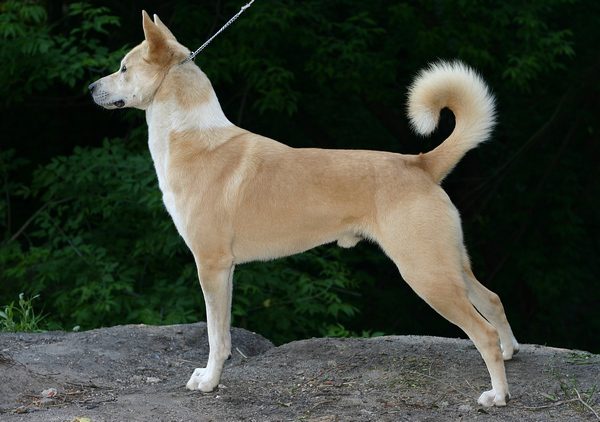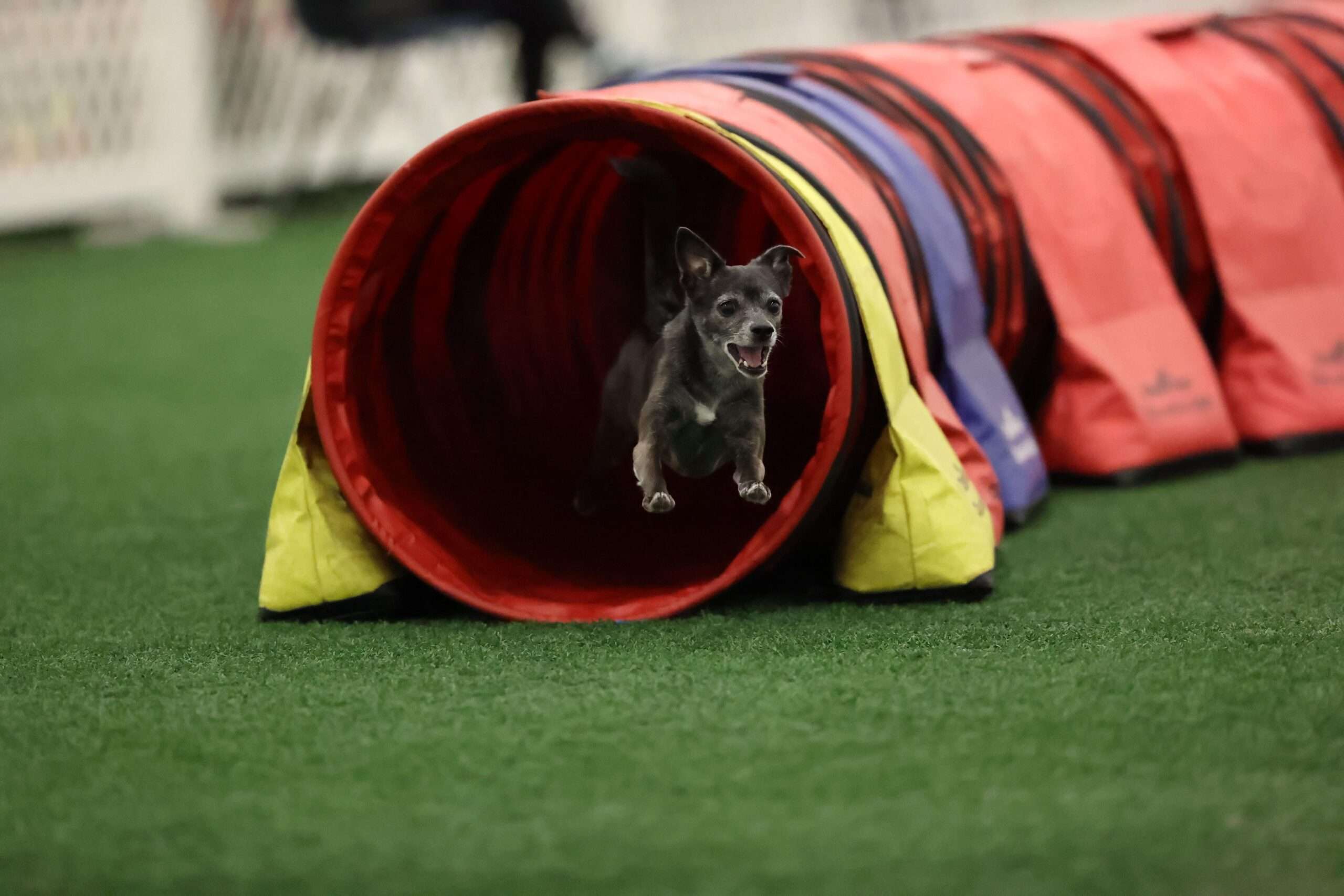Key Takeaways:
- Mudi dogs are a Hungarian herding breed known for their high intelligence and versatility.
- They have a strong work drive and need plenty of mental and physical exercise to prevent boredom and destructive behavior.
- Mudis are highly trainable but require consistent and firm leadership from their owners.
- Regular grooming is necessary to maintain the Mudi's thick, weather-resistant coat.
- Mudis thrive in active households where they can participate in various activities such as agility, obedience, or herding trials.
Are you curious about dogs and their unique characteristics? Have you ever wondered what makes the Mudi breed so special? Well, get ready to embark on an exciting journey into the world of Mudis, where you'll discover the value of understanding this incredible dog breed. Whether you're a dog lover or simply interested in learning something new, delving into the topic of Mudi: Dog Breed Characteristics & Care will open your eyes to the wonders of these furry companions. From their intelligent and energetic nature to their loyal and affectionate personalities, Mudis have a lot to offer. By exploring this subject, you'll gain insights into how to care for them, ensuring they live happy and healthy lives. So join us as we uncover fascinating facts about Mudis that will leave you amazed and eager to learn more!
1. What is a Mudi dog and what makes it unique?
The Mudi dog is a Hungarian herding breed known for its intelligence, agility, and versatility. These dogs are medium-sized with a sturdy build and a distinctive curly or wavy coat. What sets the Mudi apart from other breeds is its exceptional working ability and adaptability to various tasks.
Mudis have a strong instinct for herding livestock, making them excellent working dogs on farms. They are also skilled at search and rescue missions, obedience trials, and even as therapy dogs. Their high energy levels and quick thinking make them suitable for many different roles.
One unique characteristic of the Mudi breed is their ability to problem solve independently. They are highly intelligent and can assess situations quickly, making decisions that benefit their work or family. This trait makes them great companions for active individuals or families who can provide mental stimulation and challenging activities.
2. How does the Mudi breed look and behave differently from other dogs?
In terms of appearance, Mudis have a compact body with well-developed muscles that give them strength and agility. They stand at around 14 to 20 inches tall at the shoulder, with males being slightly larger than females. Their coats come in various colors including black, white, gray, brown, or any combination of these colors.
When it comes to behavior, Mudis are known for their high energy levels and enthusiasm for work. They thrive in an environment where they have plenty of physical exercise and mental stimulation. Due to their herding instincts, they may try to herd family members or other pets if not properly trained.
Mudis are loyal and protective of their families but can be reserved around strangers. Early socialization is important to ensure they grow up to be well-rounded dogs who can interact positively with people and other animals.
3. Ideal living conditions for a Mudi dog: Exercise and space requirements.
For Mudis, an active lifestyle is essential. These dogs require regular exercise to keep them physically and mentally stimulated. A minimum of 60 minutes of vigorous exercise per day is recommended. This can include activities such as running, playing fetch, or participating in dog sports like agility or obedience trials.
Mudis are adaptable to different living situations but thrive best in homes with access to a securely fenced yard where they can roam and play freely. They have a natural instinct to explore and may wander off if not properly contained. Apartment living can work for Mudis as long as they receive sufficient daily exercise and mental stimulation.
It's important to note that Mudis are not well-suited for a sedentary lifestyle or being left alone for long periods. They need regular interaction with their family members and should not be left outdoors all the time without human companionship.
To help meet their exercise needs, engaging puzzle toys or interactive games can be used to challenge their minds while providing physical activity.
4. Taking care of your Mudi: Grooming, nutrition, and vet visits.
Grooming a Mudi is relatively easy compared to some other breeds. Their curly or wavy coat doesn't shed excessively but does require regular brushing to prevent matting. Aim for weekly brushings using a slicker brush or comb to remove any loose hair or tangles.
Mudis are generally healthy dogs with no breed-specific health concerns; however, it's important to schedule regular vet visits for vaccinations, check-ups, and preventive care. Maintaining a balanced diet is crucial for their overall well-being. Feed them high-quality dog food that meets their nutritional needs based on age, size, and activity level.
It's also essential to provide fresh water at all times and monitor their weight to prevent obesity, which can lead to various health issues. Regular exercise and a balanced diet will help keep your Mudi in optimal condition.
5. Training Mudis: Are they easy to train? Effective techniques to try.
Mudis are intelligent dogs that excel in training when approached with positive reinforcement techniques. They respond well to praise, treats, and play as rewards for good behavior. Consistency and patience are key when training a Mudi.
Start with basic obedience commands such as sit, stay, come, and leash walking. Once they have mastered these commands, you can move on to more advanced training or specialized activities like agility or herding trials.
Socialization is crucial for Mudis from an early age. Expose them to different people, animals, and environments so they become comfortable and well-behaved in various situations. This will help prevent any potential behavioral issues as they grow older.
Remember that Mudis thrive on mental stimulation, so incorporating puzzle toys or interactive games into their training sessions can keep them engaged and motivated.
6. Mudis and their social skills: Can they get along with kids and other pets?
Mudis can get along well with children if properly socialized from a young age. They have a playful nature and can be great companions for active kids who enjoy outdoor activities. However, supervision is always recommended when dogs interact with young children to ensure everyone's safety.
With proper introduction and socialization, Mudis can also coexist peacefully with other pets in the household. Early exposure to different animals helps them develop positive relationships and reduces the likelihood of aggressive behavior towards other pets.
It's important to remember that each dog has its own personality, so individual temperaments may vary. Monitoring interactions between your Mudi and children or other pets is essential to ensure everyone gets along harmoniously.
7. Health concerns for Mudis: Common issues and how to prevent or address them.
Mudis are generally healthy dogs with no known breed-specific health concerns. However, like all dogs, they can be prone to certain conditions such as hip dysplasia, progressive retinal atrophy (PRA), and epilepsy.
To minimize the risk of these health issues, it's important to obtain a Mudi puppy from a reputable breeder who conducts health screenings on their breeding stock. Regular vet check-ups and preventive care are also crucial in detecting any potential health problems early on.
Maintaining a healthy lifestyle for your Mudi is key in preventing many common health issues. This includes providing regular exercise, feeding a balanced diet, and keeping up with vaccinations and parasite prevention.
If you notice any changes in your Mudi's behavior or physical condition, it's important to consult with a veterinarian promptly. Early detection and treatment can often lead to better outcomes for your furry friend's overall health and well-being.
In conclusion, Mudi dogs are intelligent, energetic, and loyal pets. They require regular exercise, mental stimulation, and proper grooming to thrive. With the right care and attention, Mudi dogs can make wonderful companions for families or individuals of all ages.
https://www.youtube.com/watch?v=Ptuyl0-sLXg&pp=ygUmTXVkaTogRG9nIEJyZWVkIENoYXJhY3RlcmlzdGljcyAmIENhcmU%3D
What are the health problems with Mudi?
Some health issues observed in the Mudi breed include epilepsy, hip dysplasia, cataracts, elbow dysplasia, and patellar luxation.
Are Mudi dogs affectionate?
While originally bred for herding livestock and assisting in hunting, mudik dogs are known for their friendly and playful nature. They are loyal to their families and can be quite affectionate.
Are Mudi dogs easy to train?
Mudis are highly intelligent dogs and are recognized for their fast learning capabilities. They are also highly motivated to satisfy their owners, making them easily trainable.
Do Mudi dogs shed a lot?
Taking care of Mudis is easy as they only require minimal grooming and only shed their fur during certain seasons. One of the advantages of owning this pet is its low-maintenance grooming routine. Their short wavy coat only needs to be brushed once a week.
How much exercise does a Mudi need?
The Mudi is a highly active and playful dog that needs a minimum of one hour of exercise per day. It is recommended for this breed to have access to a spacious yard where they can run freely, but owners should also be prepared to take them for walks on a leash and engage them in mentally stimulating activities such as playing fetch or nose work to keep them entertained.
Which dog has the most health problem?
Cocker Spaniels have the highest occurrence of health problems among all dog breeds. They are susceptible to various orthopedic issues, epilepsy, heart and liver disease. Additionally, Cocker Spaniels are prone to eye disorders such as cataracts and glaucoma. Their floppy ears also make them more susceptible to ear infections.

















